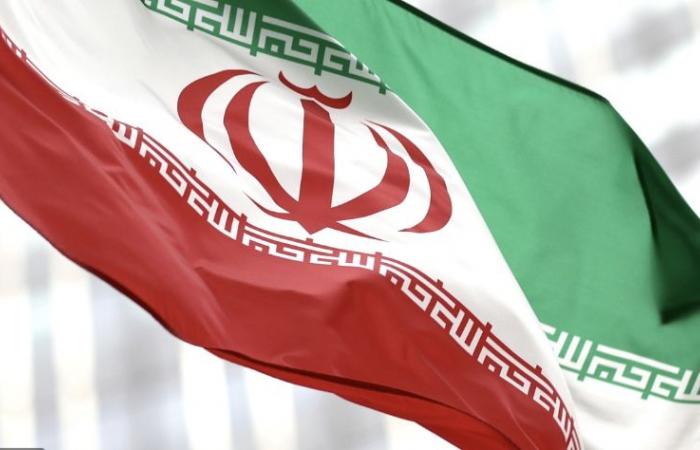Regardless of the election results, Iranians are still aware that the figure of the president in Iran is, in fact, symbolic because the real power is held by the Supreme Leader, Ali Khamenei.
by Emanuela Ricci
The day of the presidential elections in Iran was marked by uncertainty and tension with a nation divided between the desire for change and resignation in the face of a clerical system that is too deeply rooted and decisive in the country’s choices. Turnout estimates up until 5 pm showed a worrying 30%, polling stations remained open until midnight, reaching a turnout of 41% compared to 48% in previous elections.
The schizophrenia of election day manifested itself in the contrasts between the images broadcast by state media, which showed long queues of voters, and the videos released on social media abroad, which instead depicted deserted polling stations and bored scrutineers. Voters found themselves at a crossroads: try to change with the vote by giving a strong signal to the regime, or abstain by demonstrating resignation to a power that has consolidated absolute power over the years with violence.
Presidential elections pushed forward by a year due to the premature death of the ultra-conservative president Ibrahim Raisi in a helicopter crash. Elections that see the Islamic Republic grappling with significant problems both at home and abroad.
Iran is currently involved in a proxy conflict against Israel through its foreign militias (Houthi, Hezbollah, Hamas) and is one step away from obtaining nuclear weapons, thanks to the help of Sino-Russian technology. Ambitions that, however, increasingly impoverish the country with inflation at 53% and the middle class now reduced to poverty. At the same time, social protests led by the movement “Women, Life, Freedom“, most of the time suffocated by the regime with a violent repression never seen before (murders of girls that hit the world news but were reported by the regime as factual, caused by unfortunate accidents).
Returning to the electoral round among the candidates, Masoud Pezeshkian he is the only representative of the reformists accepted by the clerical regime to run for the position of president of Iran. Pezeshkian appears to offer veiled moderation in full respect of the clerical-militarist system in power. On the other side there is Saeed Jalili which represents the most intransigent wing of the conservatives, with a tough position towards Israel and the United States. They follow the general Calif and the cleric Mostafa Pourmohammadiboth with different visions but, nevertheless, faithful to the practices of the current regime.
Despite this, the preliminary results of the vote count show Pezeshkian in the lead with over 42% of the preferences, followed by Jalili with almost 39%. The flame of hope for a more moderate management is therefore lit, even if the electoral promises remain mostly compatible with the current situation of the country. With a moderate president, an attempt could be made to intervene on rampant corruption, on policies to support the poor and on better management of the economy. A moderate president is probably what the Supreme Leader needs today because the ferment of social movements and the squares could become, in the short-medium term, a truly serious problem for the stability of the regime, also in light of the probable direct entry into the war, if Israel decides to attack Hezbollah on Lebanese territory.
In fact, the Iranian representative at the UN announced that, in the event of an Israeli attack on Lebanon, Iran will respond with a total war against the Zionist regime, involving all fronts of the resistance.
In conclusion, the Iranian vote of 2024 is more than a simple exercise in democracy, it is a reflection of the deep contradictions and tensions that cross the country. Iranians have expressed their desire for change in a context of repression and uncertainty and the future of the country remains an unknown, caught between the hope of internal moderation and the pressures of a clerical regime openly hostile to the Western world, led by the USA and Israel. In this context, the ayatollahs willingly give in to the flattery of China and Russia (exchange of technology, weapons and energy resources) thus allowing the country to reduce inflation percentage points, due to heavy American sanctions.
Subscribe to our newsletter!






